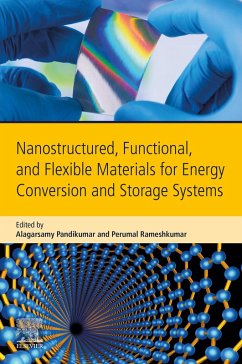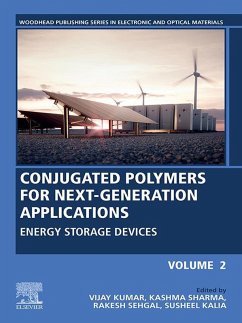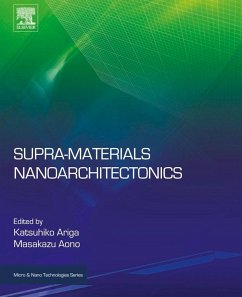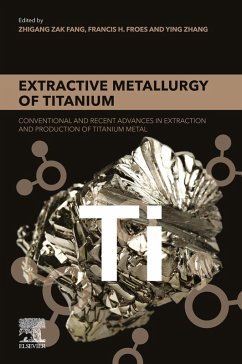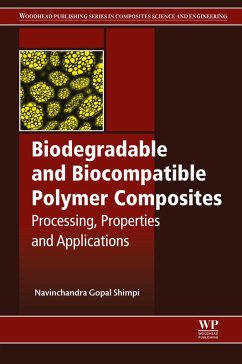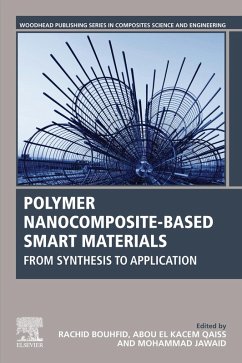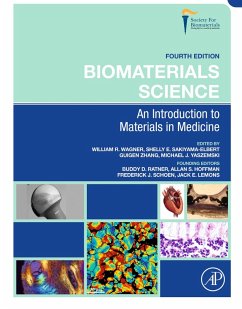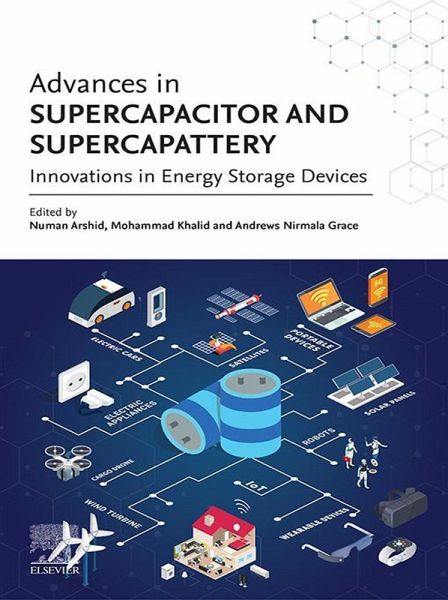
Advances in Supercapacitor and Supercapattery (eBook, ePUB)
Innovations in Energy Storage Devices
Versandkostenfrei!
Sofort per Download lieferbar
124,95 €
inkl. MwSt.
Weitere Ausgaben:

PAYBACK Punkte
62 °P sammeln!
Advances in Supercapacitor and Supercapattery: Innovations in Energy Storage Devices provides a deep insight into energy storage systems and their applications. The first two chapters cover the detailed background, fundamental charge storage mechanism and the various types of supercapacitor. The third chapter give details about the hybrid device (Supercapattery) which comprises of battery and capacitive electrode. The main advantages of Supercapattery over batteries and supercapacitor are discussed in this chapter. The preceding three chapters cover the electrode materials used for supercapatt...
Advances in Supercapacitor and Supercapattery: Innovations in Energy Storage Devices provides a deep insight into energy storage systems and their applications. The first two chapters cover the detailed background, fundamental charge storage mechanism and the various types of supercapacitor. The third chapter give details about the hybrid device (Supercapattery) which comprises of battery and capacitive electrode. The main advantages of Supercapattery over batteries and supercapacitor are discussed in this chapter. The preceding three chapters cover the electrode materials used for supercapattery. The electrolyte is a major part that significantly contributes to the performance of the device. Therefore, different kinds of electrolytes and their suitability are discussed in chapter 6 and 7. The book concludes with a look at the potential applications of supercapattery, challenges and future prospective. This book is beneficial for research scientists, engineers and students who are interested in the latest developments and fundamentals of energy storage mechanism and clarifies the misleading concepts in this field. - Presents the three classes of energy storage devices and clarifies the difference between between pseudocapacitor and battery grade material - Covers the synthesis strategies to enhance the overall performance of the supercapacitor device (including power density) - Explains the energy storage mechanism based on the fundamental concept of physics and electrochemistry
Dieser Download kann aus rechtlichen Gründen nur mit Rechnungsadresse in A, B, BG, CY, CZ, D, DK, EW, E, FIN, F, GR, HR, H, IRL, I, LT, L, LR, M, NL, PL, P, R, S, SLO, SK ausgeliefert werden.




